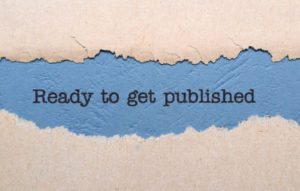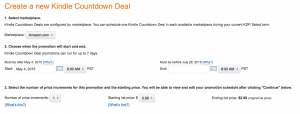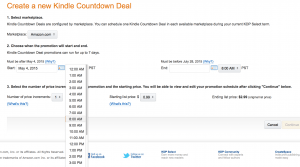Quick links, bringing you great articles on writing from all over the web.
They say relationships take a lot of work. This is true even for fictional characters in books. Where should you go to learn about developing great literary relationships? Head on over to Romance University, where Anna Campbell has some great advice to make your character’s love affairs realistic while still making reader’s hearts beat faster.
~ * ~
Falling in Love on the Page: Writing Convincing Romantic Relationships by Anna Campbell
 March 7, 2016
March 7, 2016
She’s smitten. He’s besotted. But that’s not a story. Award-winning author Anna Campbell shares her insight on creating believable romance for your characters.
As a romance writer, I spend my life watching characters fall in love – it’s a fun way to make a living.
But how do you make those tumultuous romantic relationships believable to the reader? I’m sure we’ve all picked up books where the hero and heroine come together at the end, and our principal response is “huh?” or “they’ll be in a divorce court within a year.”
Not how you want people to feel when they reach the last page of a book you’ve written – whether a romance or a story with romantic elements.
Here are a few thoughts on making those falling in love moments convincing – and irresistibly powerful.
Physical attraction is essential in a romance. That doesn’t mean that all your characters have to be model material with flawless faces and bodies. In fact, often it’s more interesting if they are normal people. But there needs to be a spark. Perhaps your hero notices your heroine’s beautiful eyes or saucy strut or lovely hair, or your heroine thinks the hero has a nice smile or broad shoulders. The attraction needs to be invincible and inescapable, because when your characters clash, this sexual link makes it impossible for them to break away from each other and seek an easier option.
How you write that physical attraction depends on your characters – and your story. Do you want an instant flare-up, or the slow build from interest to love? Or do you want a coup de foudre moment when your characters finally see what’s been under their noses for so long? Do you want to write a transformation story – always a popular theme – where the ugly duckling hero/heroine undergoes some sort of makeover and suddenly appears in all their glory to dazzle their admirer?
Read the full post on Romance University
~ * ~
If you liked this article, please share. If you have suggestions for further articles, articles you would like to submit, or just general comments, please contact me at paula@publetariat.com or leave a message below.






 Roz Morris
Roz Morris Kristen Lamb
Kristen Lamb
 Mar 13, 2016
Mar 13, 2016 By Jody Hedlund
By Jody Hedlund by
by  Understanding the dynamics of inner conflict in psychology can help you create believable characters who tap into emotions common to us all. Portraying inner conflict believably in fiction requires that we understand its ways and means. In this article, we’ll cover the four models of inner conflict in psychology, with examples from my own writing.
Understanding the dynamics of inner conflict in psychology can help you create believable characters who tap into emotions common to us all. Portraying inner conflict believably in fiction requires that we understand its ways and means. In this article, we’ll cover the four models of inner conflict in psychology, with examples from my own writing. Posted
Posted 



 Ten Ways to Enjoy Networking With Other Writers (However Shy You Are)
Ten Ways to Enjoy Networking With Other Writers (However Shy You Are)
 3 Tips for Seamless Scene Setting
3 Tips for Seamless Scene Setting